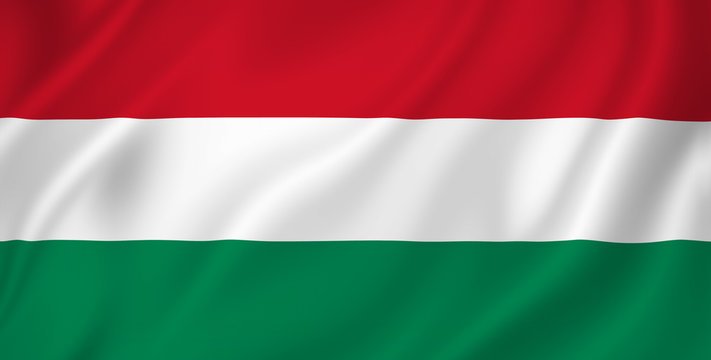
Our Collaborations
Affirmative Research collaborates with organizations in the U.S. and globally to improve the mental health of LGBTQ+ populations
U.S. Collaborations
-

Center of Excellence for LGBTQ+ Behavioral Health Equity (CoE)
The Center of Excellence (CoE) is funded by SAMHSA to address behavioral health equity gaps for LGBTQ+ individuals. Its goal is to disseminate LGBTQ+ specific best practices, knowledge, skills, and interventions to behavioral health providers nationwide. Drs. Austin and Craig serve on the CoE's leadership team. Since 2021, Affirmative Research has partnered with the CoE, facilitating the implementation of the AFFIRM Youth, Caregiver, Adult, and Pro models at various LGBTQ+ serving organizations throughout the United States.
-

Cuyahoga County
The Cuyahoga County Department of Children and Families is at the forefront of safe identification efforts for LGBTQ+ youth in their care. AFFIRM.ME is the practice model developed to support the safe identification of LGBTQ+ (Lesbian, Gay, Bisexual, Transgender, Questioning +) young people within the Cuyahoga County, Ohio, child welfare system. In response to requests from the Cuyahoga County team, Affirmative Research is partnering with the Cuyahoga County DCF to pilot the latest intervention program, AFFIRM Pro. AFFIRM Pro is a program grounded in research and practice evidence, designed to help professionals celebrate, honor, and validate a variety of LGBTQ+ identities and experiences. It also aims to recognize the negative impact of macro-level forces, including heterosexism, cisgenderism, and homo/bi/transphobia, on the well-being of LGBTQ+ youth and adults.
-

Hugh Lane Wellness Foundation
The Hugh Lane Wellness Foundation in Pittsburgh, PA, provides health equity for LGBTQ folks and people who are HIV positive. The staff provides education and training to service systems that are lacking in their knowledge of issues that affect LGBTQ individuals. We have partnered with Hugh Lane since 2018 to bring the AFFIRM Youth and Caregiver programs to their organization to fill behavioral health gaps for LGBTQ people living in Western Pennsylvania.
CULTURAL ADAPTATIONS
In order to improve the reach, accessibility, and fit of AFFIRM across a range of cultural contexts, Affirmative Research has partnered with a host of folks across the globe to provide language and contextual translations of the AFFIRM interventions. Below are examples of the cross-cultural collaborations which help AFFIRM interventions make a global impact.
-

Hungarian
AFFIRM trained facilitators Balázs Bedabahd and Ádám Németh, along with the financial support of Háttér Society, adapted the facilitator manual and participant workbook for use with Hungarian LGBTQ+ participants.
-

Spanish
Mexico: Translation of the AFFIRM Youth intervention into Spanish was supported by the International Partnership for Queer Youth Resilience (INQYR) and led by Dr. Juan Carlos Mendoza.
Center of Excellence: In partnership with the CoE, AFFIRM Caregiver was translated into Spanish with feedback from the Children’s Hospital of Colorado.
-

Dutch
The Dutch language adaptation is in progress, with more information coming soon.
VIRTUAL & GLOBAL ADAPTATIONS
-

SameSame Collective
SameSame Collective provides access and information in countries where LGBTQI+ individuals face discrimination, imprisonment, and the threat of violence. Affirmative Research partners with SameSame Collective to adapt and translate the AFFIRM youth intervention content into culturally relevant and accessible concepts that can be safely delivered to LGBTQ+ youth and young adults through virtual platforms in South Africa, Zimbabwe, Nigeria, and Indonesia.
-

Hopelab
Drs. Austin and Craig worked with Dr. Alessi from Rutgers University and the Hopelab team to co-create the LGBTQ+ content for Hopelab’s imi tool. This innovative online mental health resource responds to the need for safe, accessible, and evidence-based support for LGBTQ+ youth within the digital health ecosystem, delivering freely available resources and activities that focus on topics like stress, LGBTQ+ identity, internalized stigma, and gender identity and expression.
